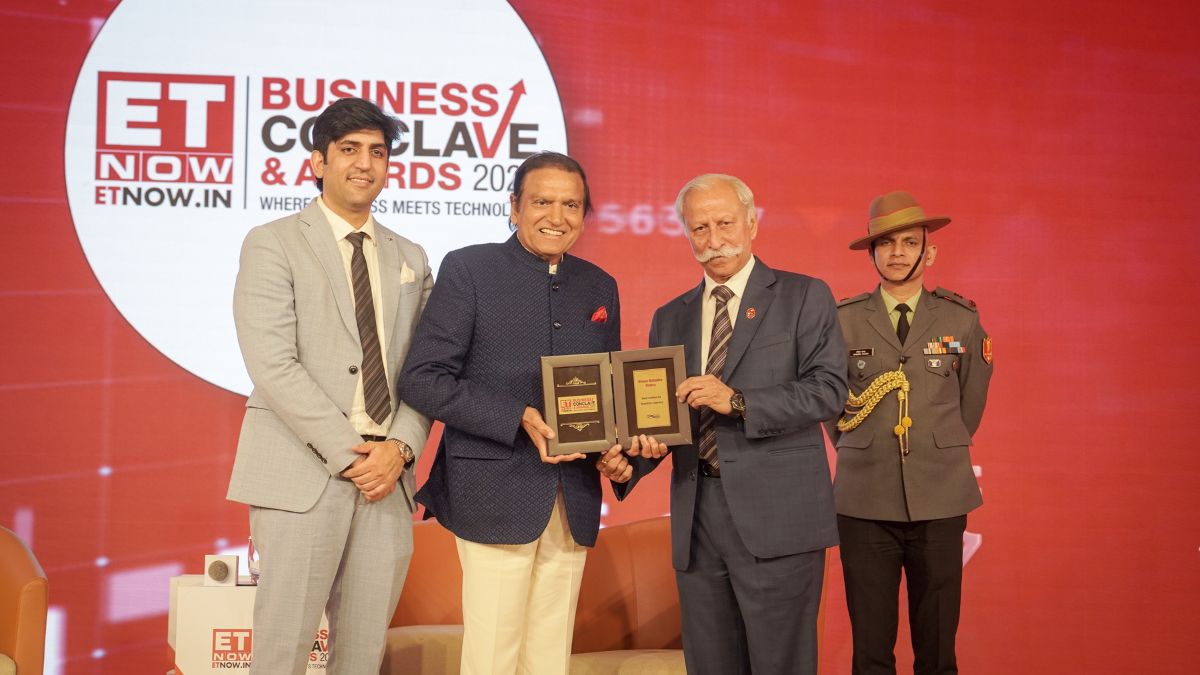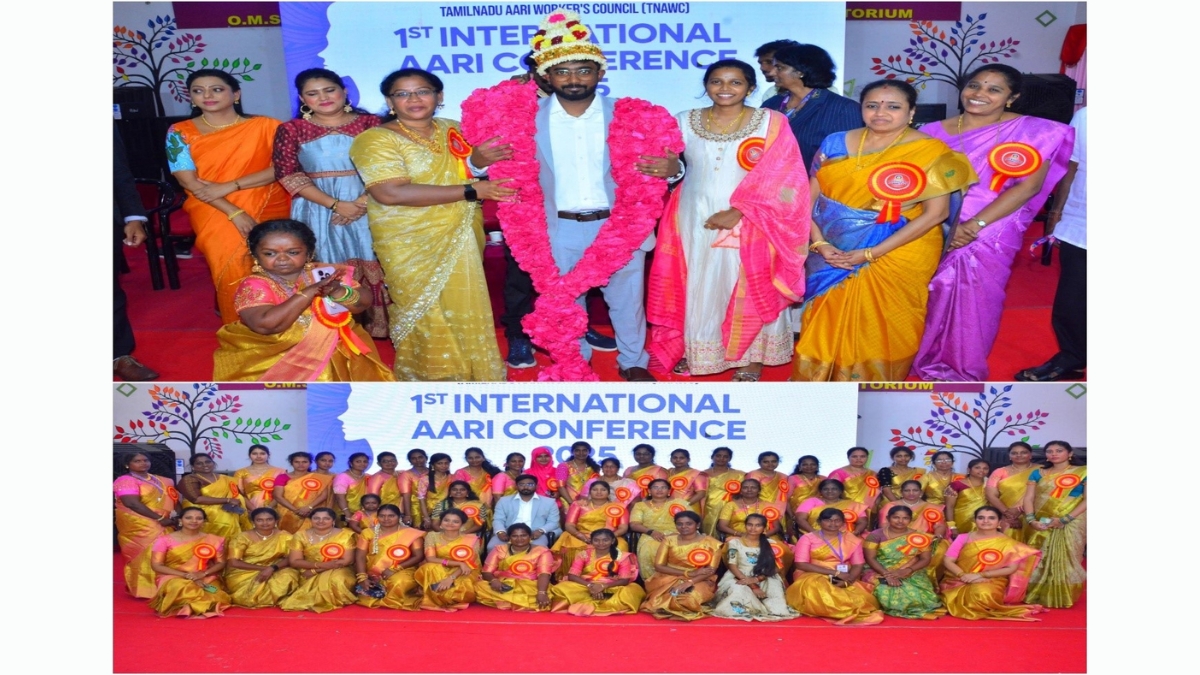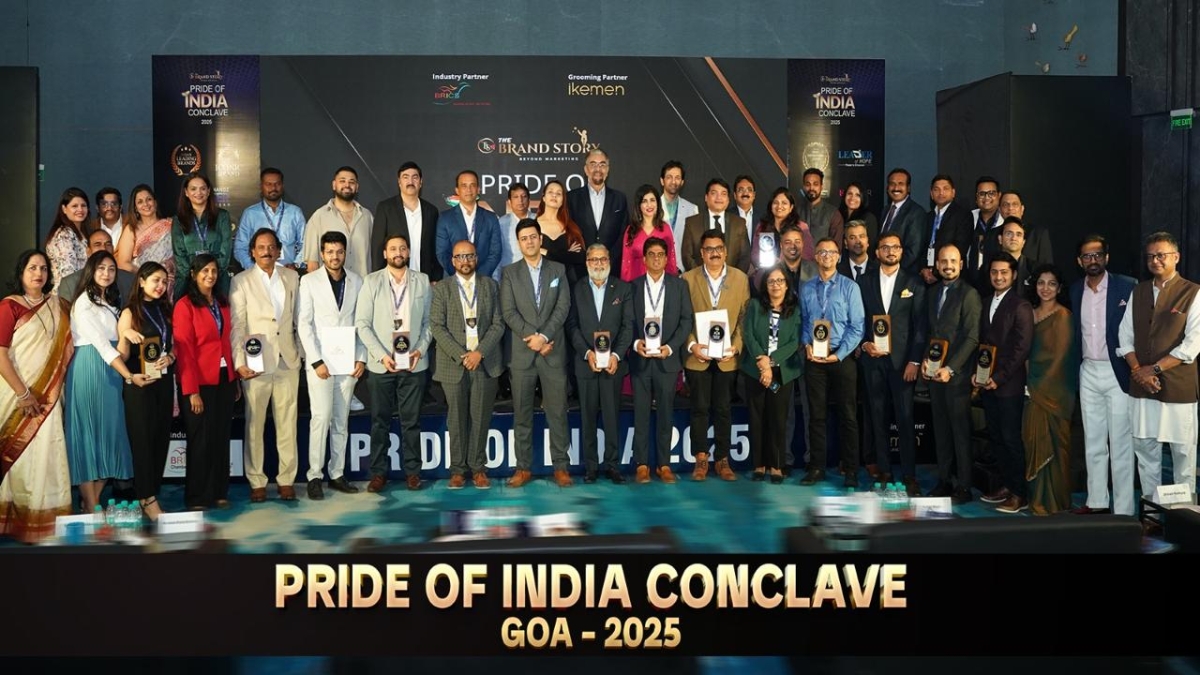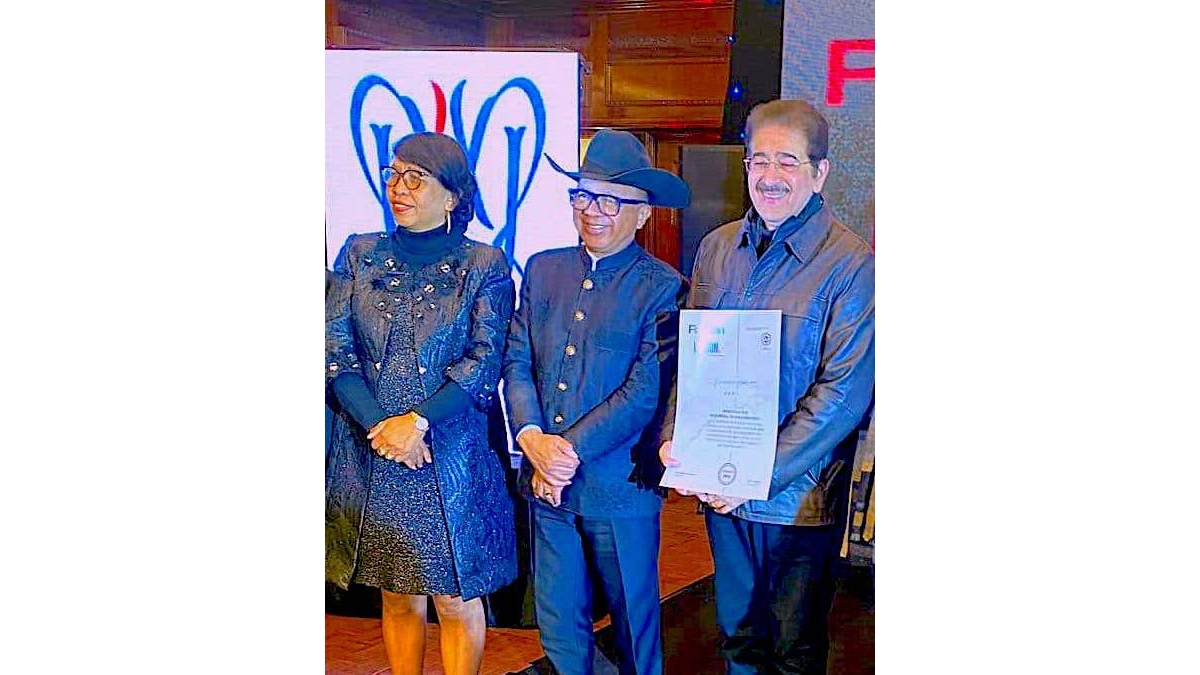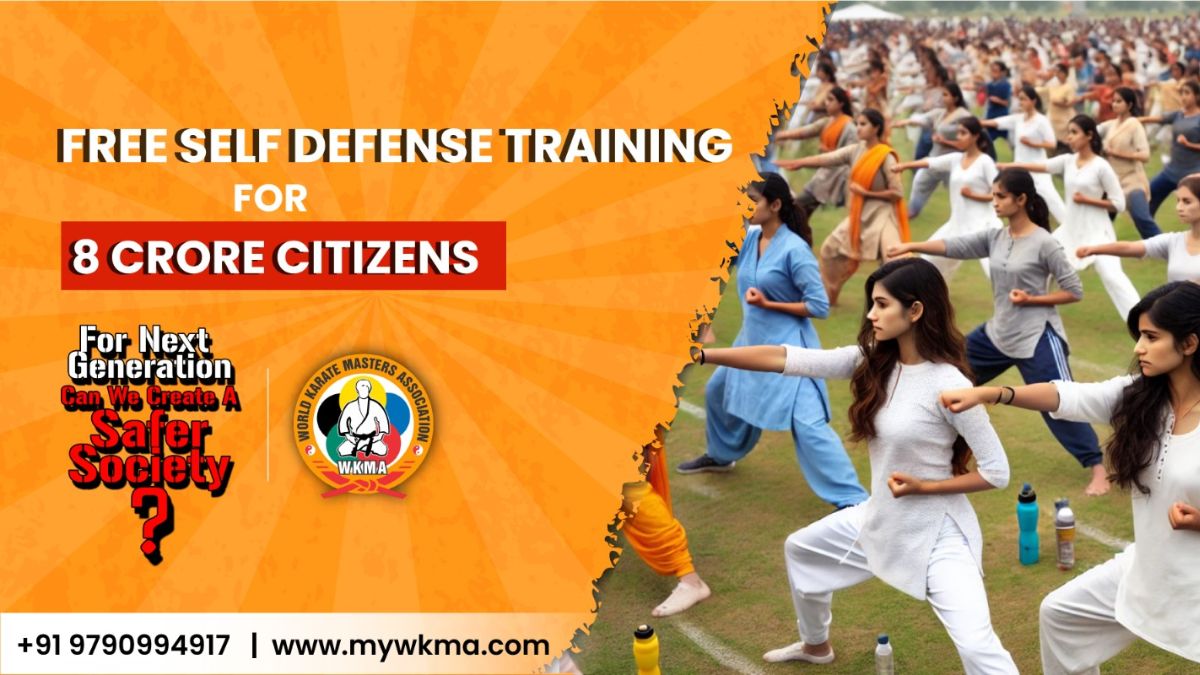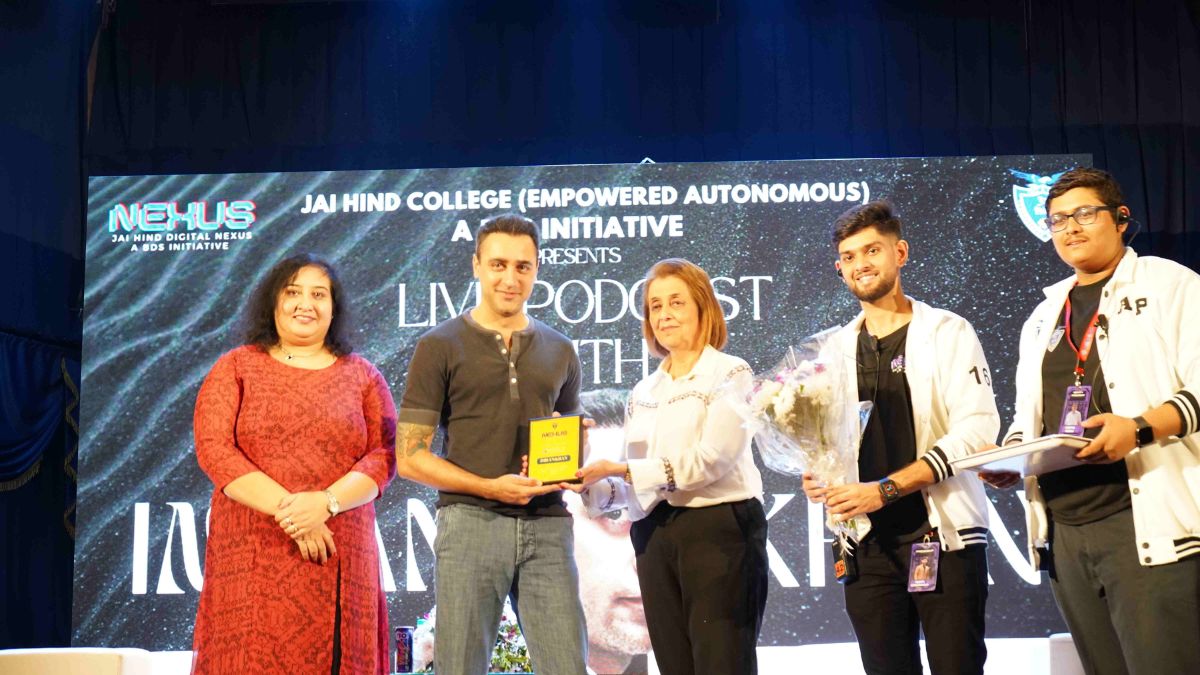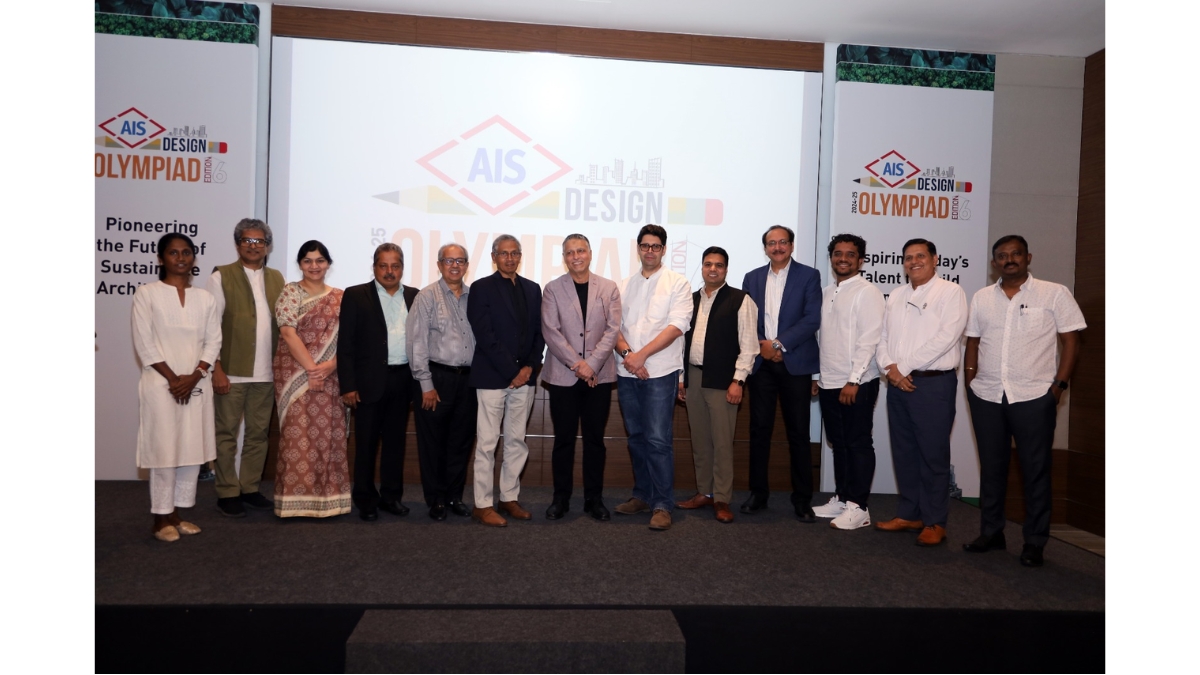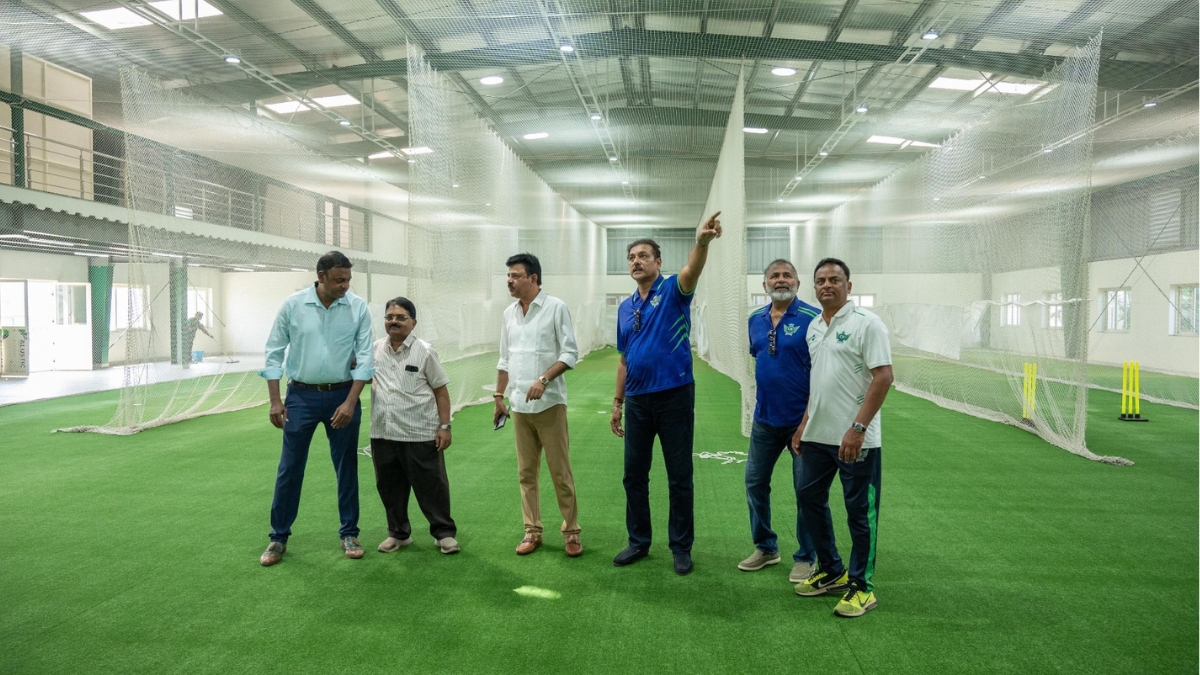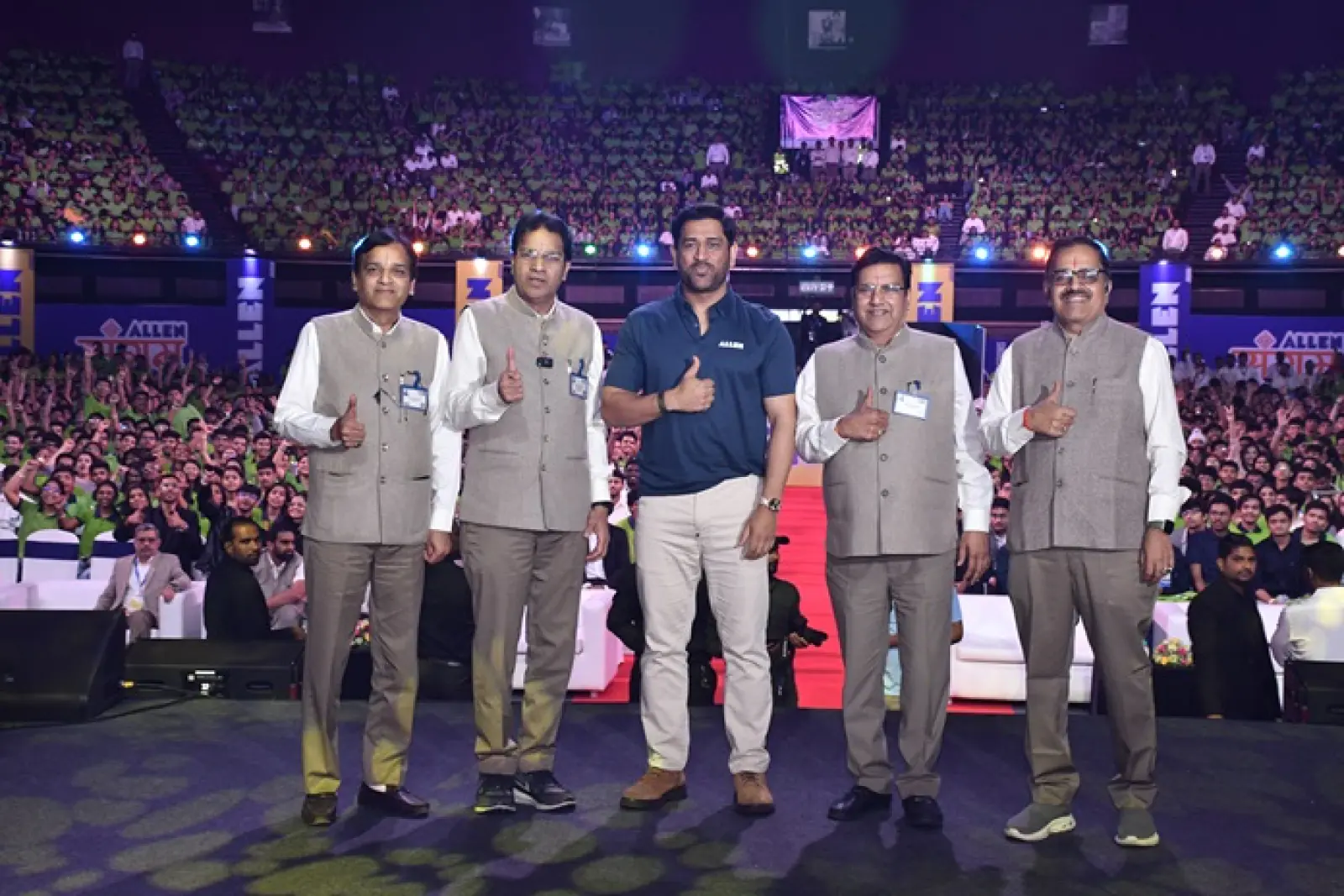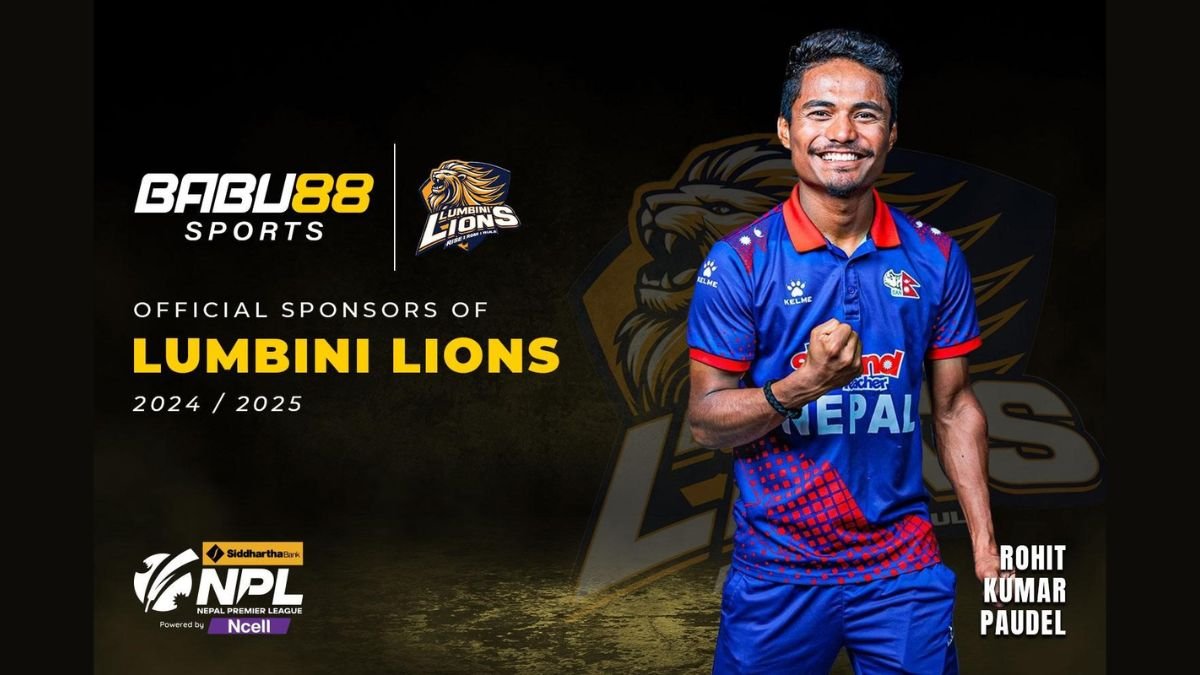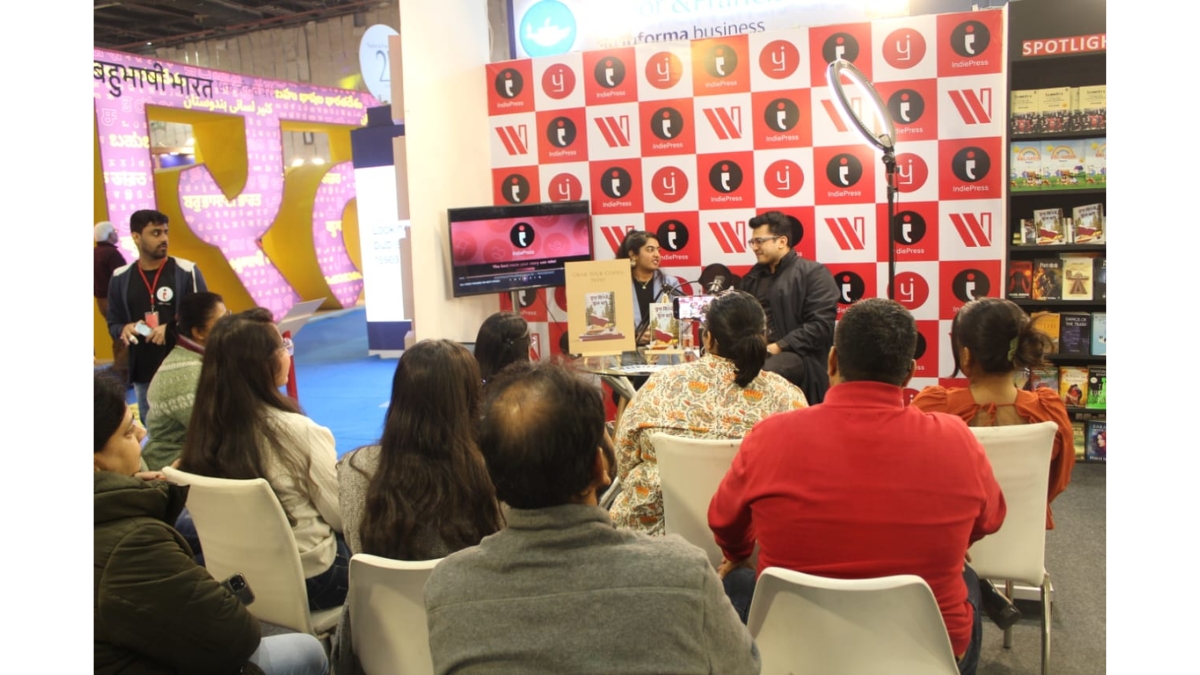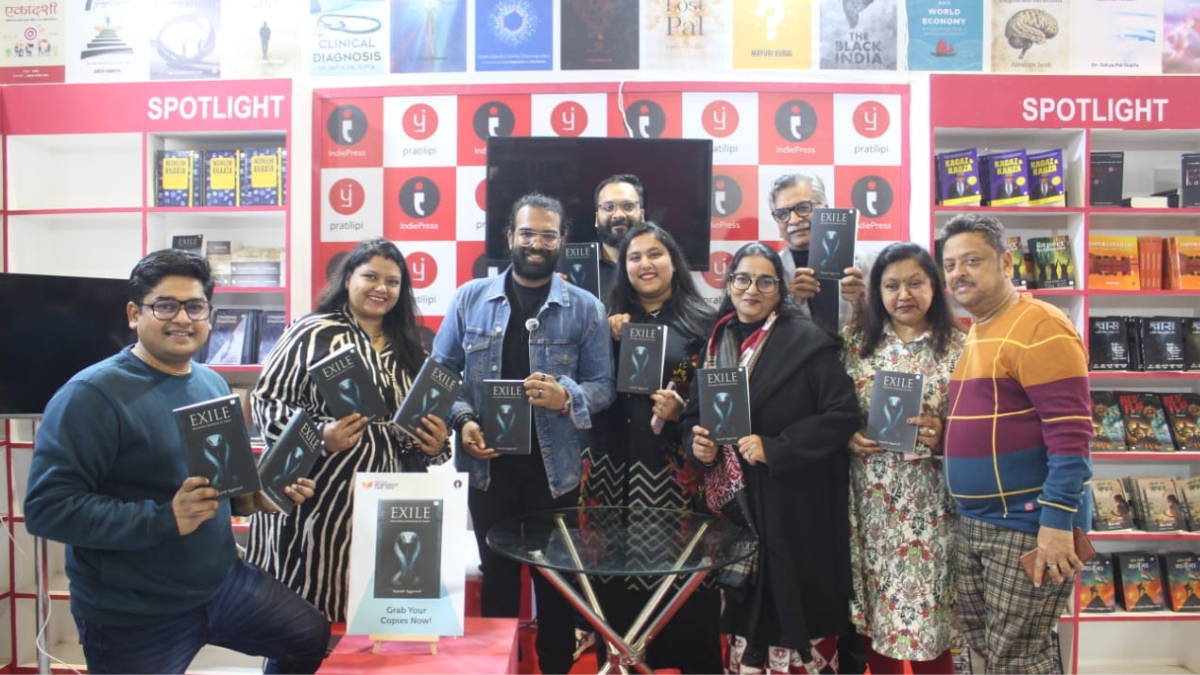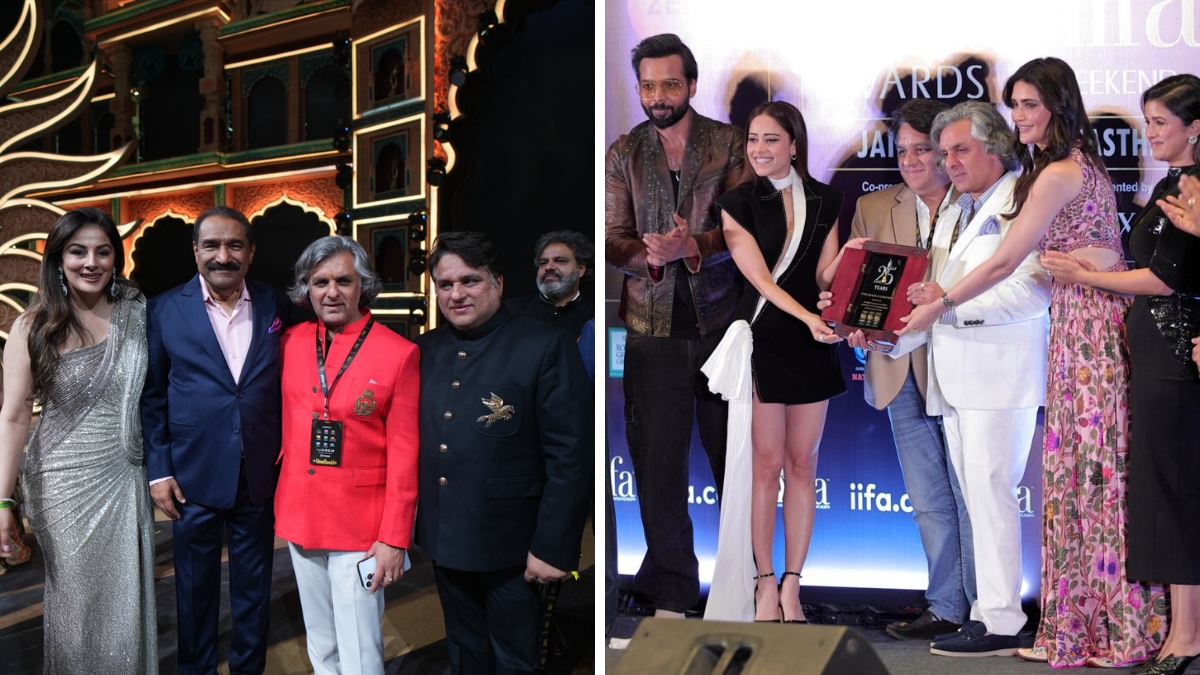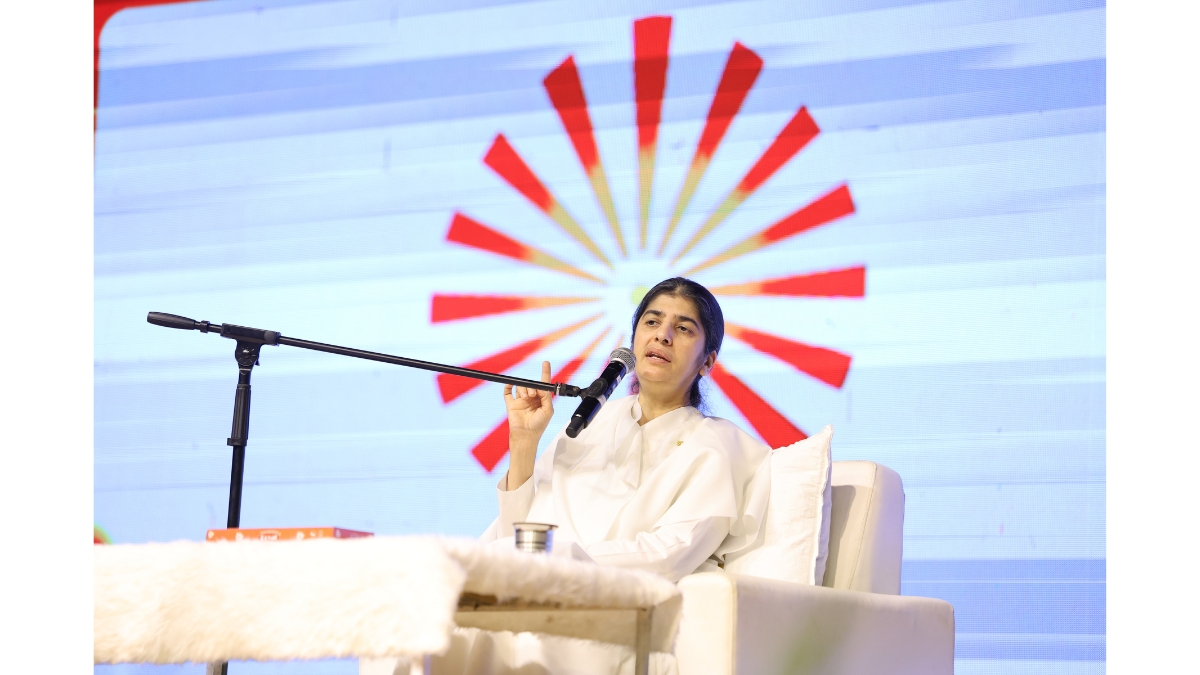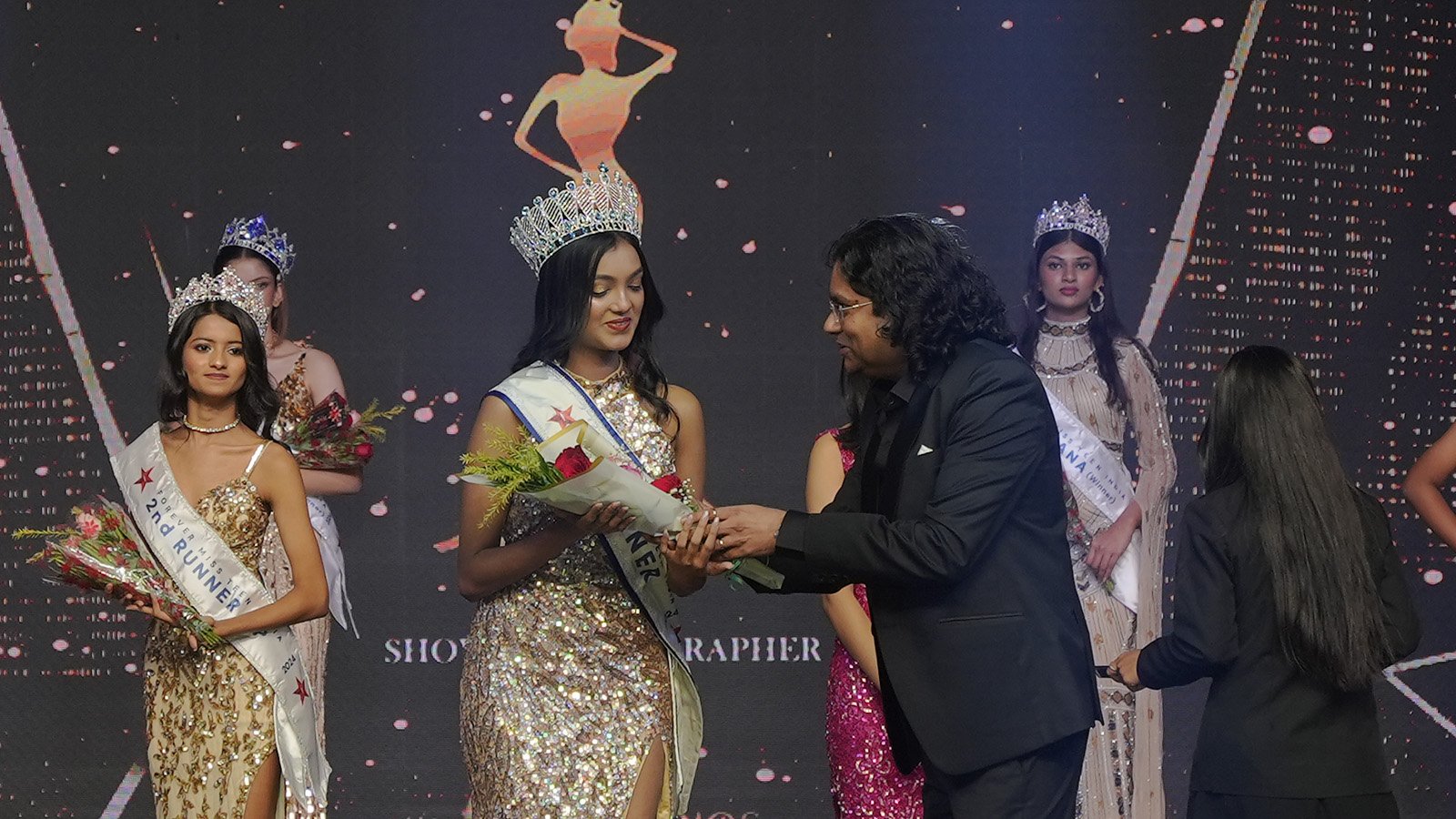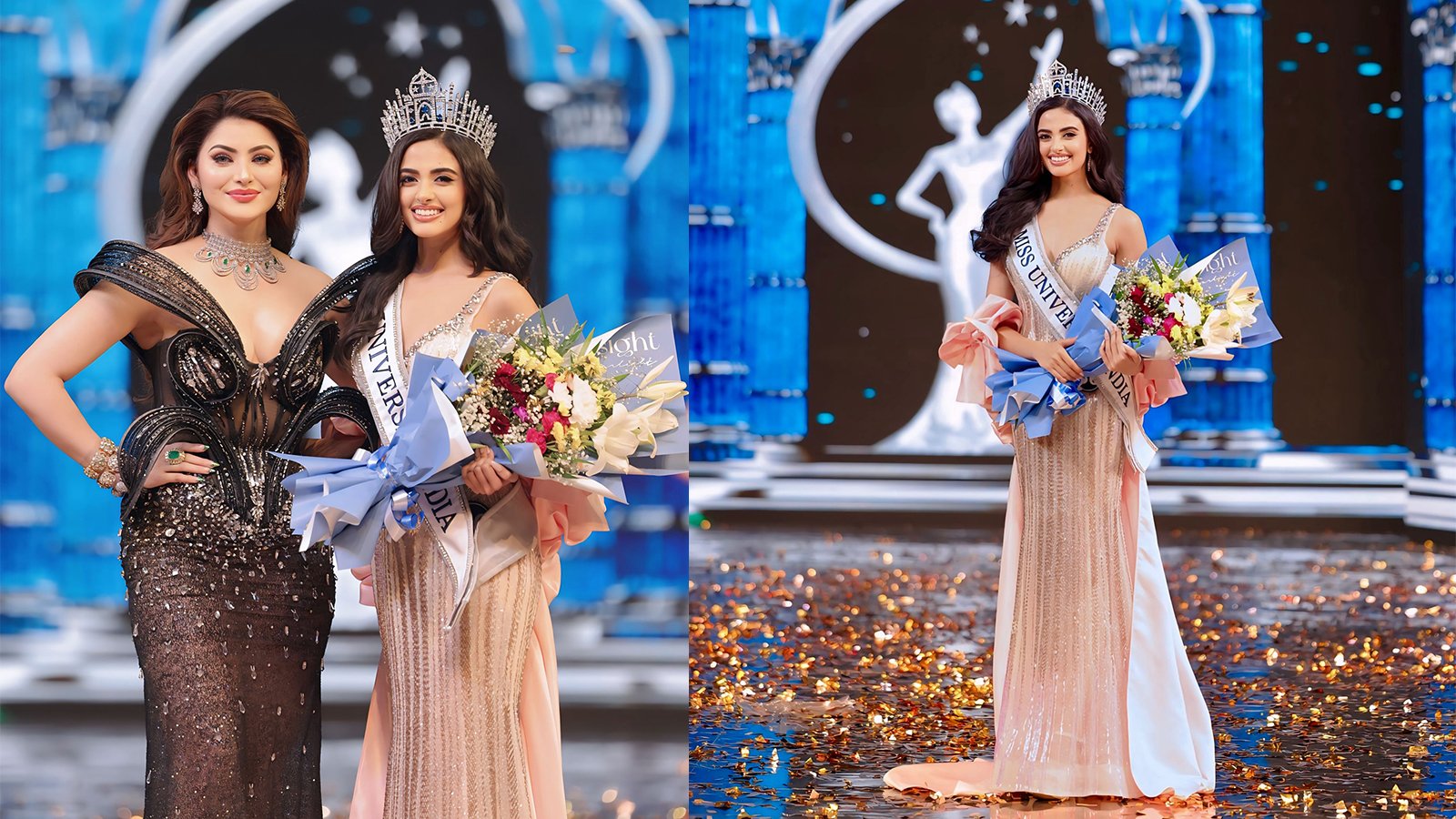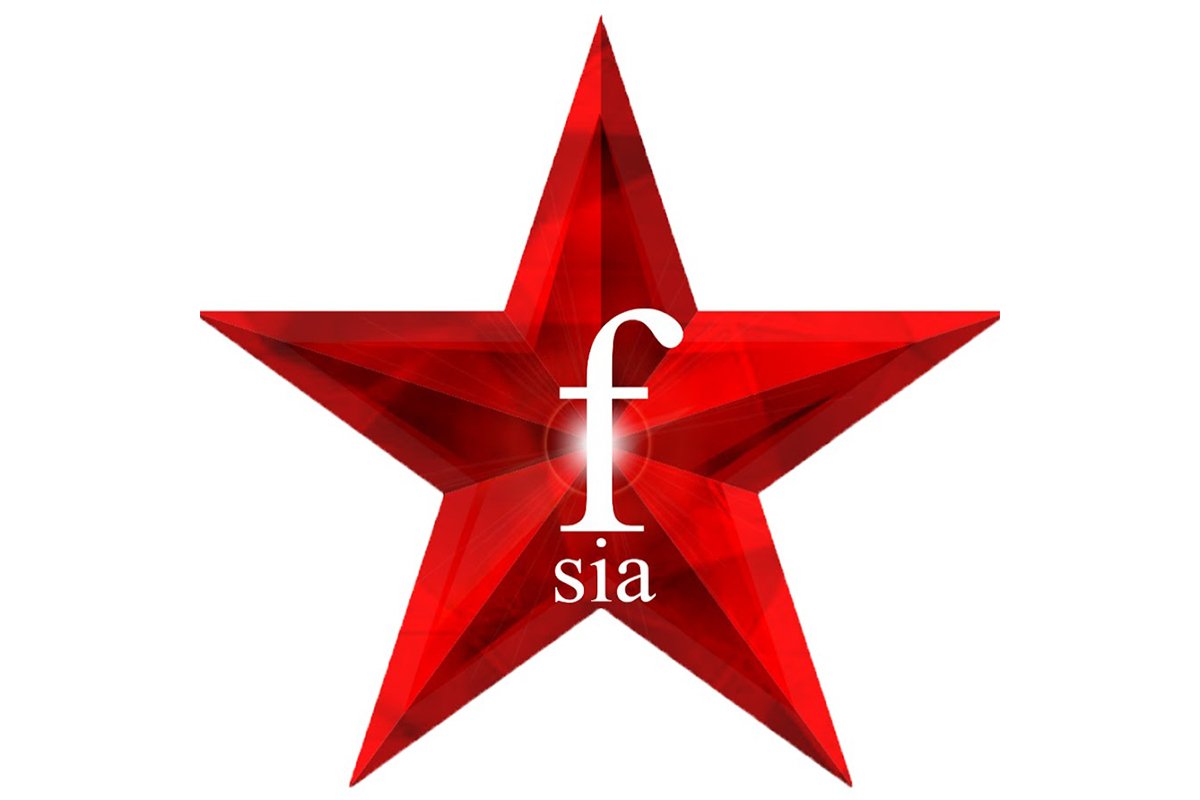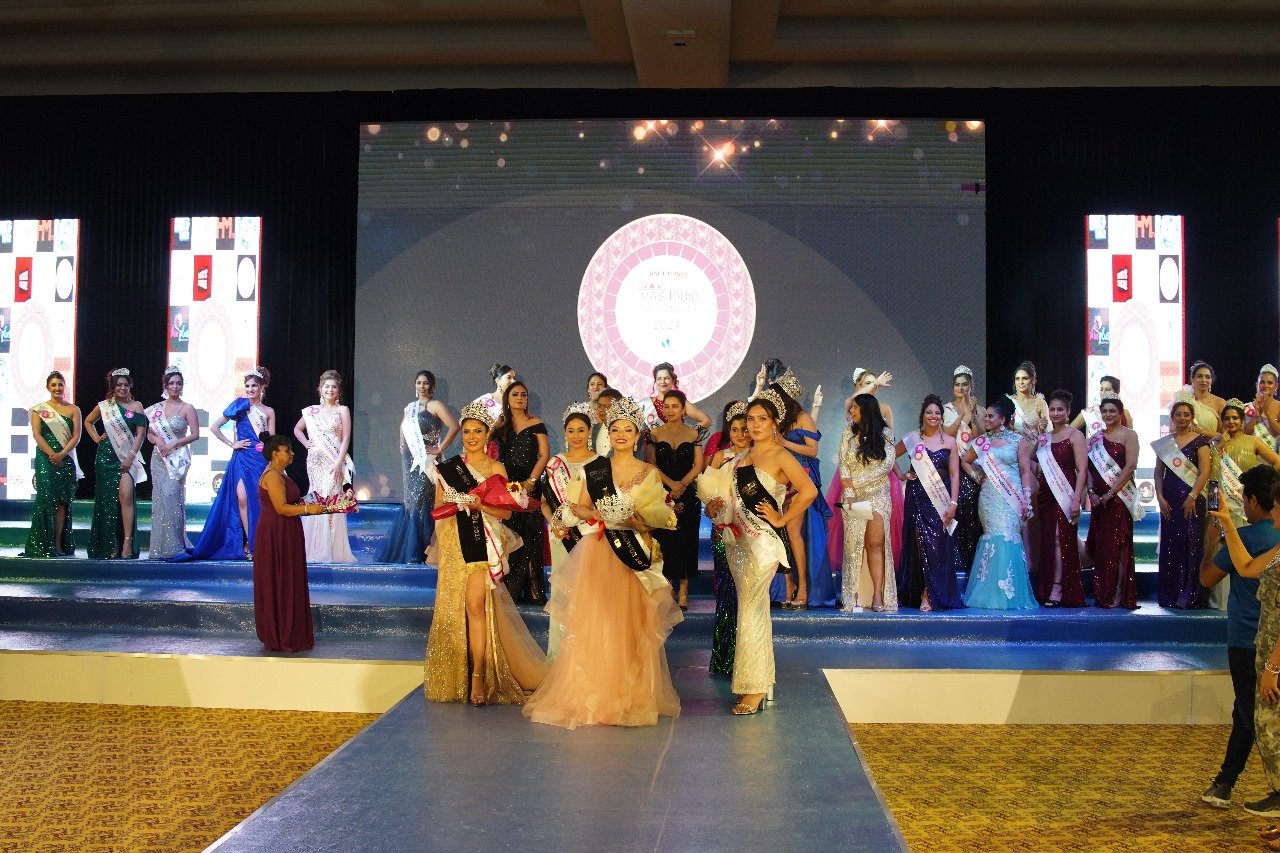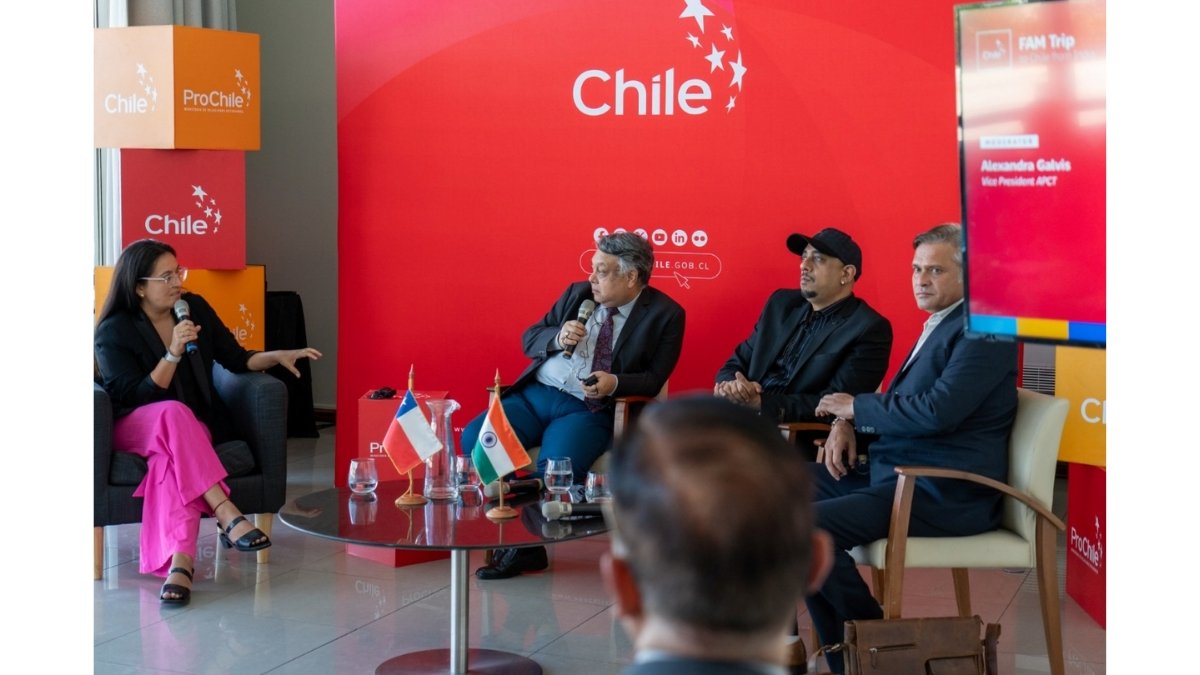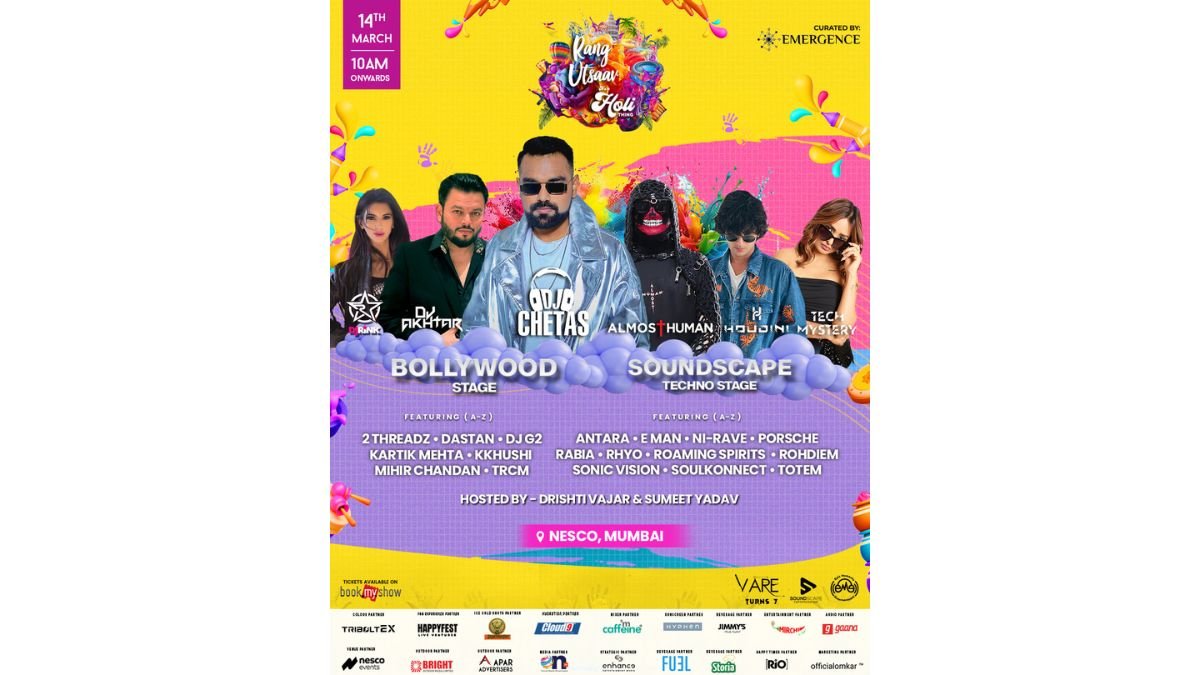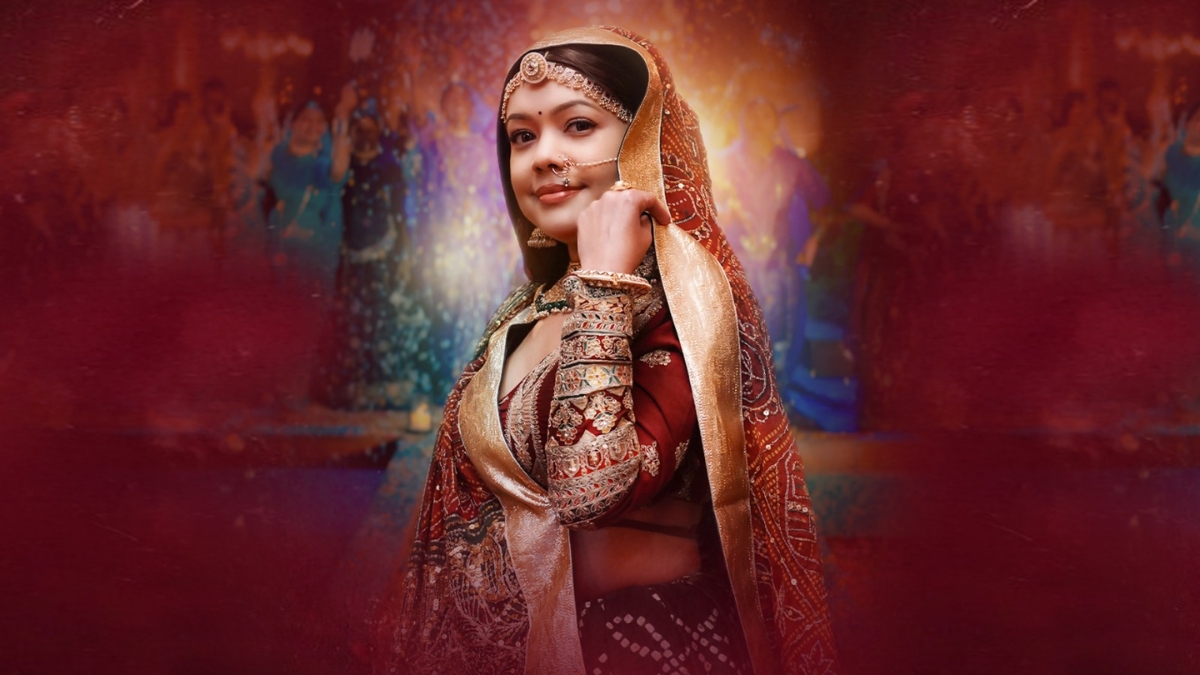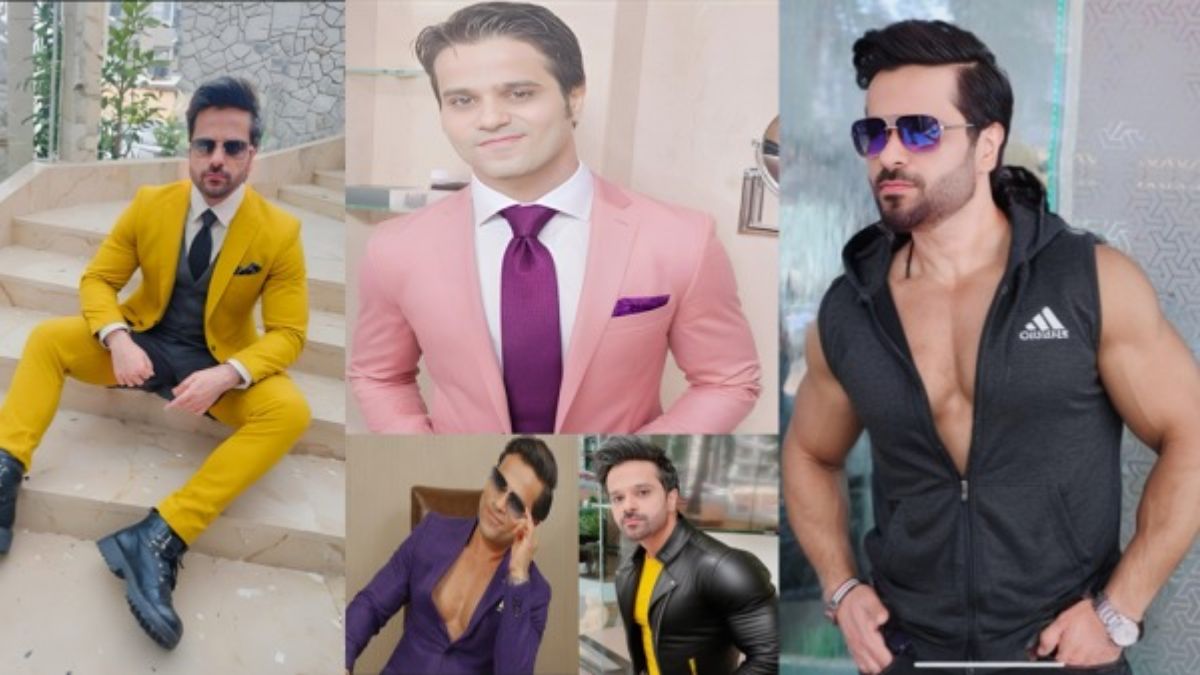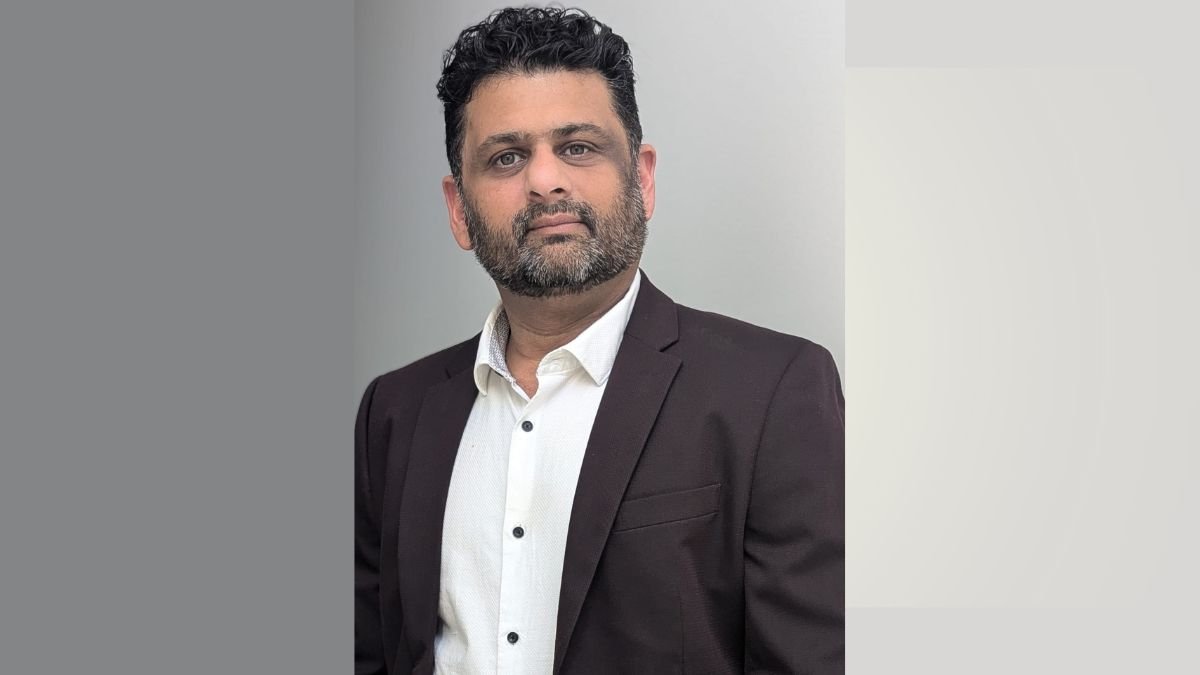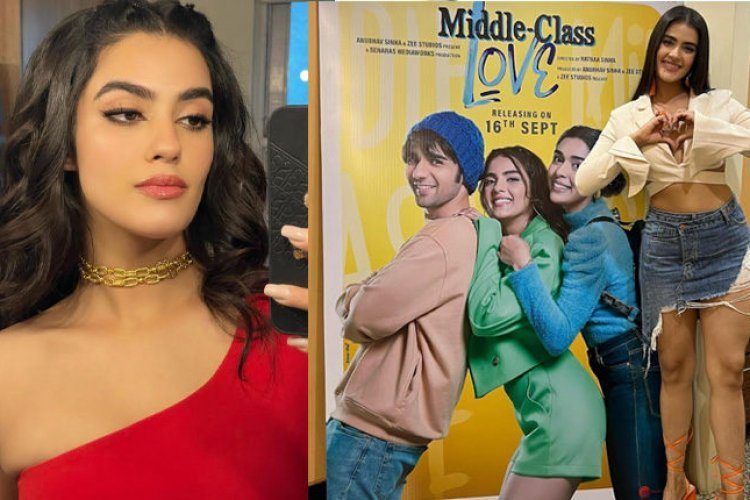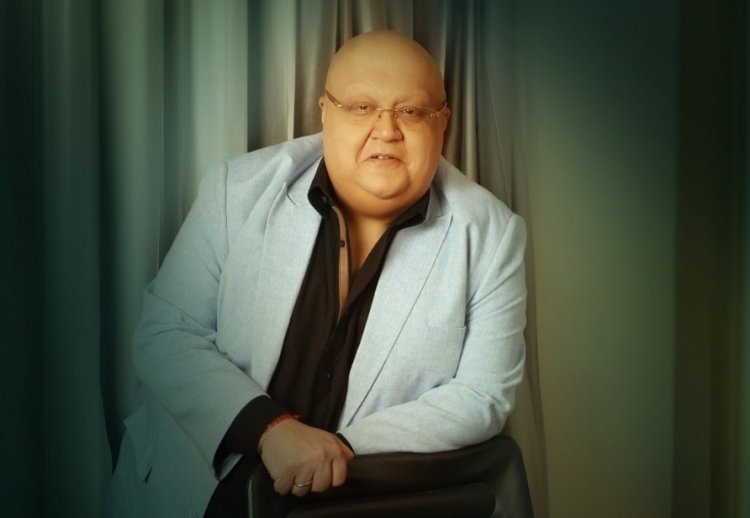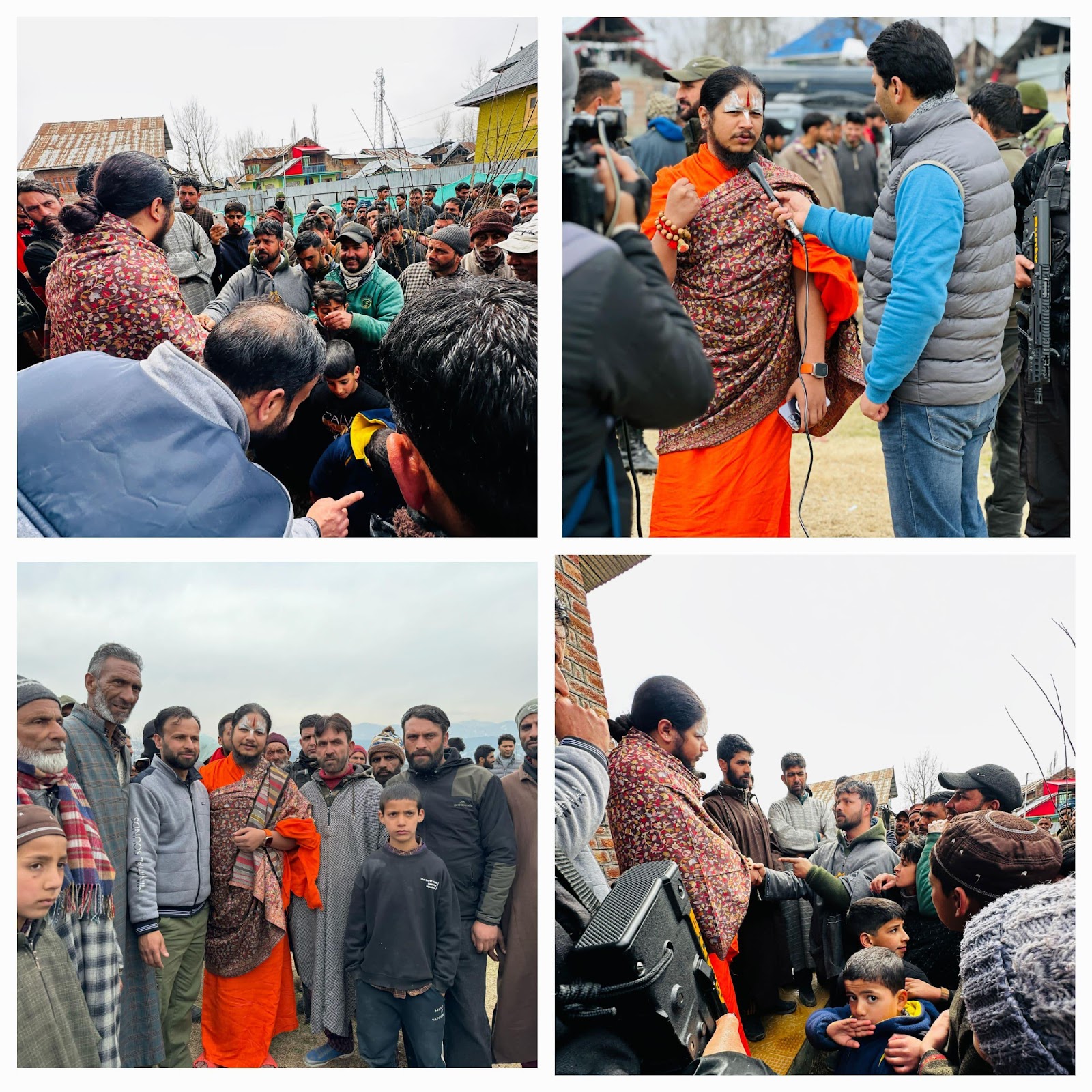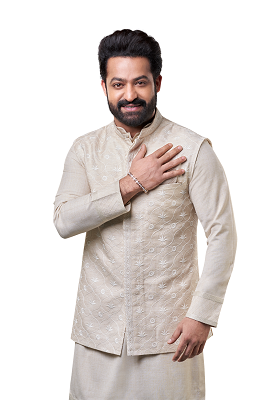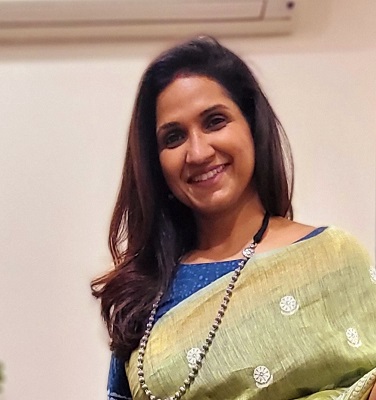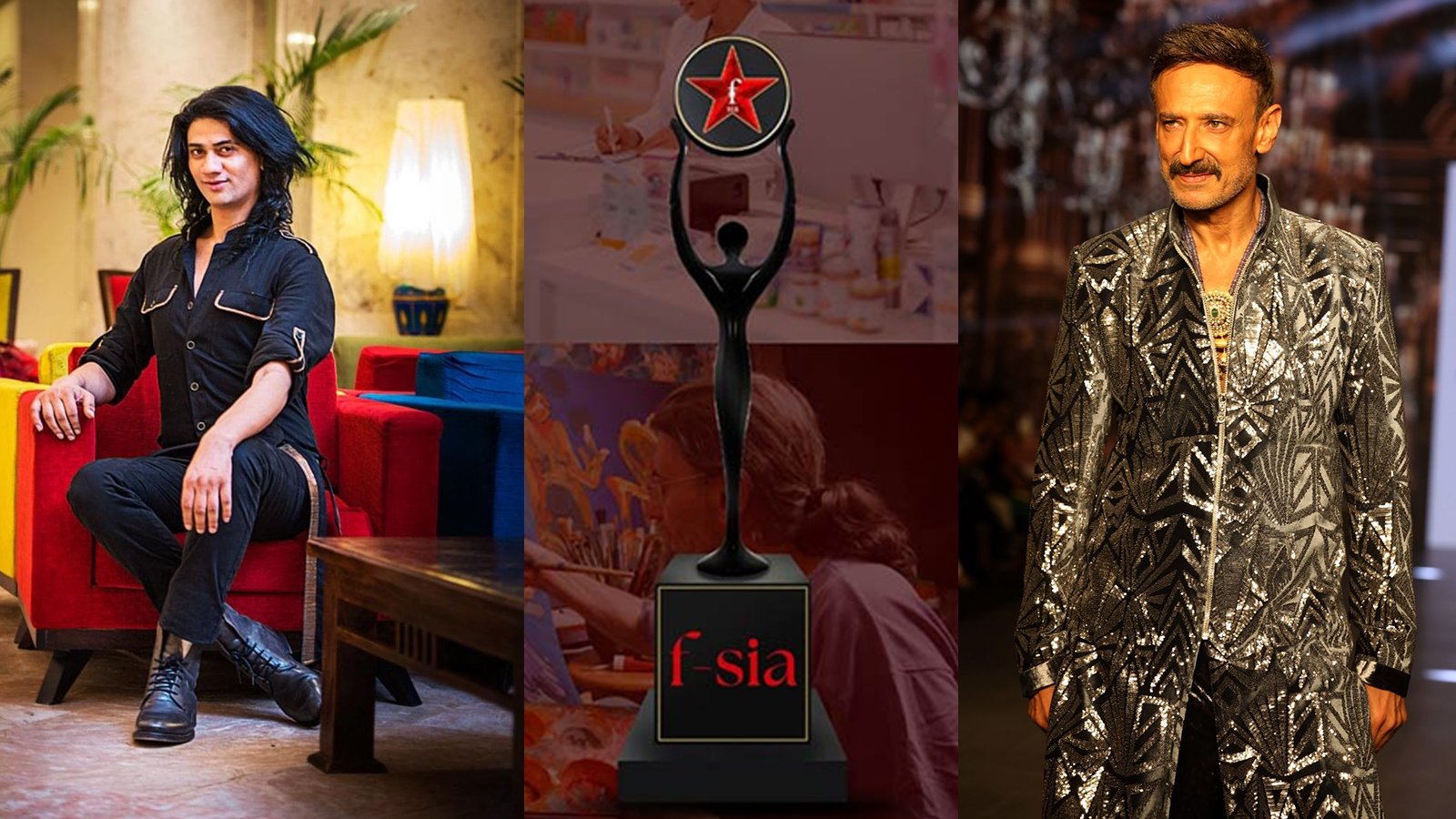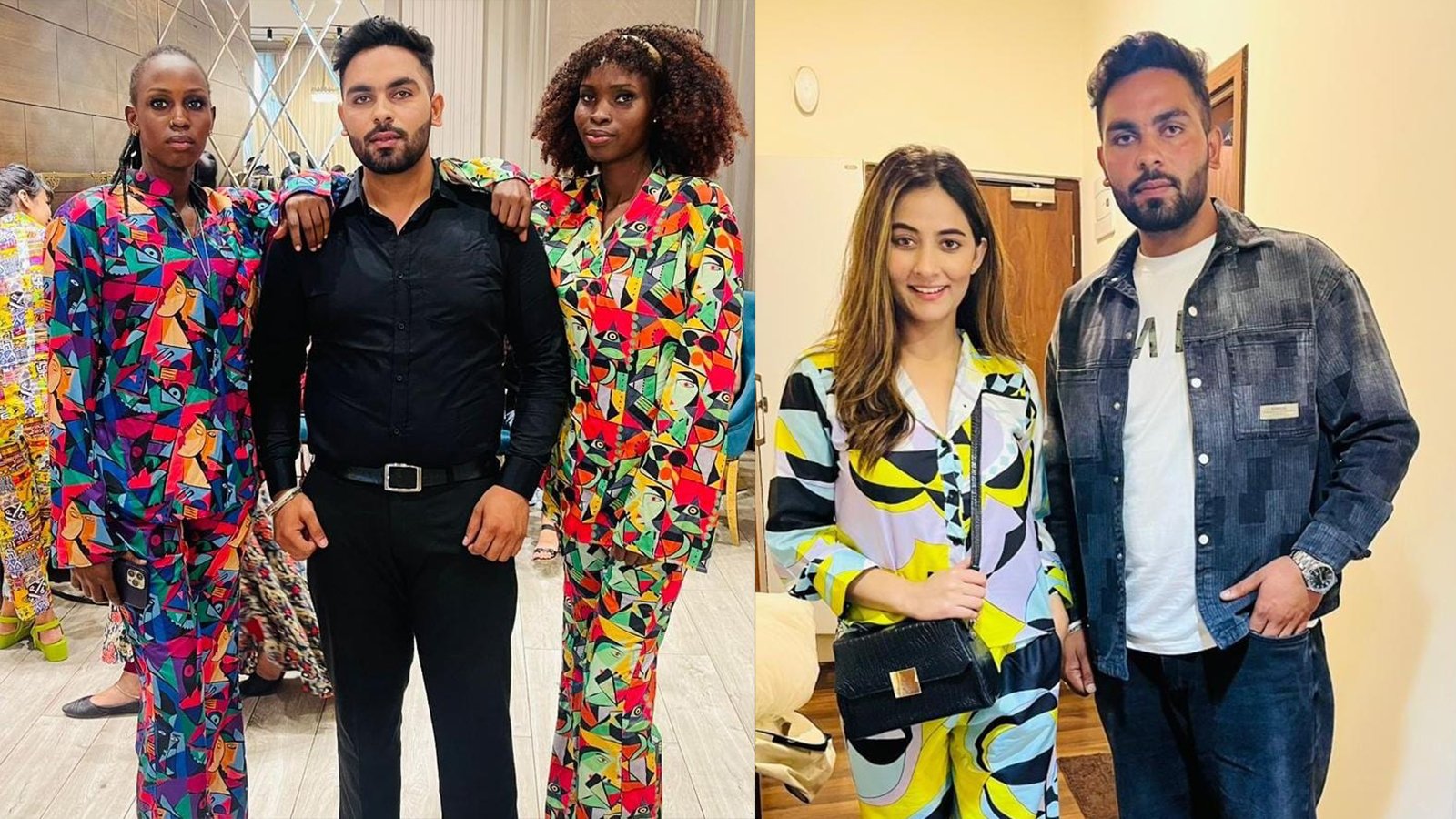Tete-a-tete with eminent translators of Hindi and Urdu literature
M K Singh, Baran Farooqi, Jawed Akhtar, Daisy Rockwell, Rachana Yadav, Poonam Saxena, and Yatish Kumar at the Tata Steel Literary Meet 2023 panel discussion – Dhwani Aur Goonj Se Resonance Tak – on translators and translations of Hindi and Urdu literature into English. Kolkata (West Bengal) [India], January 30: At the Tata Steel Kolkata […]


M K Singh, Baran Farooqi, Jawed Akhtar, Daisy Rockwell, Rachana Yadav, Poonam Saxena, and Yatish Kumar at the Tata Steel Literary Meet 2023 panel discussion – Dhwani Aur Goonj Se Resonance Tak – on translators and translations of Hindi and Urdu literature into English.
Kolkata (West Bengal) [India], January 30: At the Tata Steel Kolkata Literary Festival 2023, author, administrative officer, litterateur, and conversationalist Yatish Kumar conducted a lively hourlong discussion on translating from Hindi and Urdu to English with Daisy Rockwell, Baran Farooqi and Poonam Saxena at the lawns of the iconic Victoria Memorial, Kolkata. The topic Dhwani Aur Goonj Se Resonance Tak lived up to its name as the panellists shared their experiences and views as translators of some very famous works of Hindi and Urdu literature work into English. Excerpts from some of the translators’ journey from `longlisting to enlisting’. Yatish Kumar deftly guided the discussions to bring out some very meaningful insights to take home.
Q: Yatish Kumar: In India, if we leave aside the religious works like Ramayan, Mahabharata, and Geeta, there has been very little translation of Hindi literature into other languages Whereas, there has been a lot of translation of works of other languages into Hindi. So what do you feel about this, and what could be the reason for this?
Poonam Saxena: Honestly, I don’t really know the reason. The translation itself is becoming more visible. There are more and more translations happening now because of the interest from Publishers. For a long time, there was no interest in publishing Hindi literary works in English. Everybody thought nobody wanted to buy translated works as these were very boring. There was a kind of mental block. But ever since there has been an interest in translations, there has been a lot of work from Bengali and Malayalam and is getting better for Hindi.
Daisy Rockwell: It is because the publishers don’t have a plan, and they don’t choose a particular work. It is just us translators who fall in love with a book and make a sample and submit it to the publishers. So all that gets published is the whims of the translators; the publishers don’t take any initiative.
Baran Farooqi: My experience is somewhat different; being in Uttar Pradesh, more than 80% of the people understood and wanted Hindi only. So maybe they, the people I worked with, never felt the need for translations. Like in women’s education, they never had any access to English books and were always comfortable with books in Hindi. I think there is a need for translating books into Hindi as well. There have been a lot of translations from Hindi to Urdu and translations from Urdu to Hindi are still happening. After completing class 10, though there were books available in English, I chose to shift to a Hindi medium school because the textbooks in Hindi gave us a lot of clarity which the English books did not.
Q Yatish Kumar: Translators are just like writers, except they are really nice!
Daisy: Someone said that to me, and I feel that it is true.
Farooqi: Well! The writers write and forget, but we translators stay awake till late thinking; get sudden realizations of ‘this is perhaps’ what the author is trying to convey. When editors cannot read a particular language, they have to rely on the translation and translators only. Translators have to contextualize a lot so writing a proper introduction often sets the stage for something memorable.
Poonam: Though the translator may have gone through each line of a book hundreds of times, people would still often say that the translation has failed to catch the spirit and the sense of the original work.
Q Yatish Kumar: Earlier, the names of the translators used to be somewhere inside the book. Publishers used to hesitate to put out the name of the translator prominently. But nowadays, the names of translators are prominently displayed. Even the remuneration is more. Ageye had started doing translations post-1950s and earned a lot more than what he got from his own pennings.
Farooqui: When my father (Shamshur Rahman Farooqi) got his Urdu novel into English, The Mirror of Beauty, through Penguin, he got a much better remuneration for it than what he got from Urdu.
Q Yatish Kumar: How do translators tackle the muhawarasor metaphors, which is a tough task for translators? So, while translating, how do you handle it and keep alive the spirit and soul of the original work?
Poonam: There can be no direct translations of muhawaras (Hindi idioms); for example, if you say in Hindi `gadha kahin ka’ – it cannot be explained away as `donkey from somewhere’. So you have to try and get an equivalent English term or phrase or selection of words to express the idea appropriately. You have to familiarise yourself with the text very deeply and read it repeatedly; you also need to know about the writer too. His or her life, relationships, experiences, and so on especially so in cases where the writer is no longer alive and cannot answer our queries. So you have to find your way in the darkness somehow.
Farooqi: Well, even if the authors were alive, they would have said, `Oh, I have forgotten’ or `I shall tell you’.
Daisy: I have asked questions, and the authors did not know the answer because most of the authors write instinctively and are not thinking about the nitpicky things. One thing I worry about a lot is you know the way that different words are divided up in the languages. Often after translating draft after draft, you wake up at night panicking that a word could mean either `a smile’ or `laugh’.
Farooqi: Translating poetry is far more difficult than prose. When there are many translations of a work, like in the case of Faiz Ahmad Faiz, a translator can get away with ambiguities. I say, in today’s world, the translators have finally got some license to be able to say things like we would call `jigar’ (liver) as heart only while translating. There is rehabilitation of our culture happening, so the meanings and analogies in our culture (in English) so we use terms boldly.
Daisy, who was commissioned by Penguin to translate Bhism Sahani’s Tamas into English, was the third person to do so after Jai Ratan and Bhism Sahani himself.
Daisy: “Translation is very solitary. I was approached by Penguin to translate Bhism Sahani’s Tamas, and also his daughter wanted it to be redone. While translating, it was like a conversation with two other works. While Ratan’s translation had left out chunks, Bhishm Sahani himself had a very flowery Victorian old-generation writing style in English. Whereas his original work was written in very direct and simple language. What I loved about being the third translator is that I loved having the other books with me. It’s like having a group, they were by my side, and I would yell at them and say you did so stupid with certain things; sometimes they knew things I did not have the insights into.
Poonam: For translators, it is often very difficult to get the right title for a book. While translating Gunahon ka Devtain English, our editors and I wrapped our heads around it to get the right title. I finally decided to call it Chander and Sudhabecause at the very core of the novel was the doomed love story of Chander and Sudha. So it was like Romeo and Juliet. But I wish we could have retained the Hindi title for the English book as well.
PARTICIPANTS
Yatish Kumar is an administrative Officer of the Indian railway service Yatish Kumar has the distinction of becoming the youngest Chairman and managing director of Central Public Sector undertakings he has made a special creative presence in the literary world in the last few years. His poetic reviews on popular novels, stories, and travelogues have particularly attracted the attention of readers. His poems and memoirs have been published in many reputed magazines. Kumar’s first Hindi poetry book Antas Ki Khurchanwas published in 2021 and gained appreciation from readers and litterateurs. His latest book Abirbhavis a collection of Hindi poems. Yatish Kumar is also one of the key persons behind popularising `Literaria’ – an acclaimed Hindi literature Festival in Kolkata.
Daisy Rockwell, who works under the alias Lapata is an American Hindi and Urdu writer, artist, and translator. Her 2021 translation of Geetanjali Shree’s Tomb of Sand made it the first South Asian book to win the International Booker Prize. Her other works include the translation of Upendranath Ashk’s Falling Walls, Bhism Sahani’s Tamasand Khadija Mastur’s The Women’s Courtyard. Being a writer and a painter, Rockwell, in 2012, published The Little Book of Terror, a volume of paintings and essays on the Global War on Terror and her novel Taste was published in 2016.
Dr Baran Farooqiis a professor of English at the Jamia Millia Islamia, New Delhi, whose areas of specialisation include Women’s Studies. She is a scholar of Shakespearean drama, gender studies, and women’s literature. She also translates extensively from Urdu to English. Her translation of Faiz Ahmad Faiz’s selected poetry titled – The Colours of My Heart was published by Penguin Random House India in 2017.
Poonam Saxena is a journalist, writer, and translator. She worked with the Hindustan Times for several years, first as an editor of Brunch. She has translated Dharamveer Bharati’s Gunahon Ka Devtafrom Hindi to English (Chander & Sudha) and co-authored filmmaker Karan Johar’s memoir – An Unsuitable Boy.
If you have any objection to this press release content, kindly contact pr.error.rectification[at]gmail.com to notify us. We will respond and rectify the situation in the next 24 hours.
